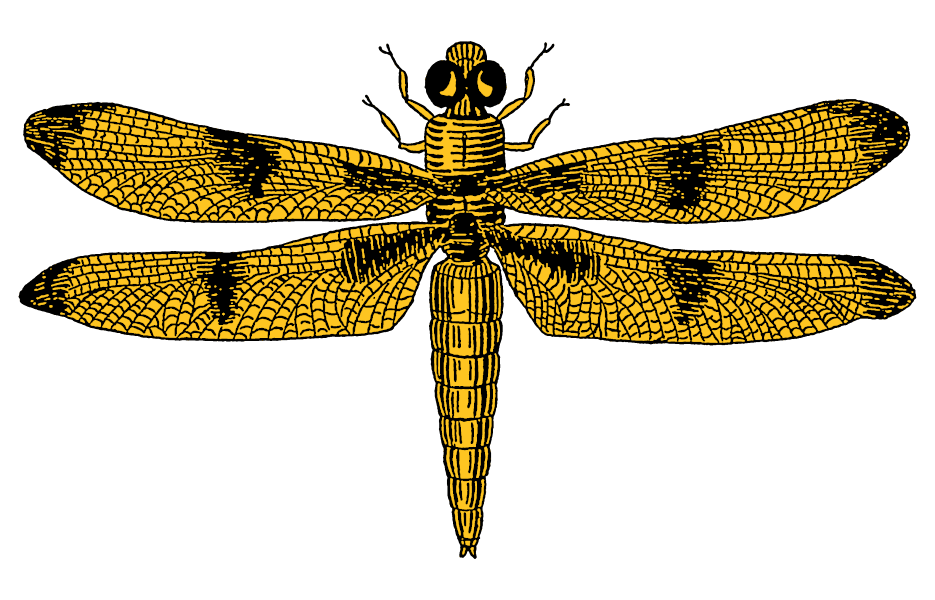You’ll find it after the rain, half-buried
in the mud beside the garden trellis,
a smoking pale oblong orb,
hot to the touch and smelling
pungent of sandalwood and ash.
Wrap it in a towel and take it
into the kitchen, set it on
the linen tablecloth, if you dare,
but be warned: this is not a thing
to undertake lightly.
Do not be surprised if the cat
begins to yowl, if the goldfish
tries to leap out of his bowl.
The television will skip channels
and the radio might scramble
the DJ’s voice and your
mother-in-law will likely call
just to wish you a wonderful day.
This is normal in the presence of dragons.
You may need to remove the rack
to make it fit, but place it in the oven:
425 degrees for three hours
or until golden brown.
Resist the temptation to baste
it with butter, as dragons
take particular offense
to that sort of thing, and you
do not want to offend a dragon,
even one that has not yet hatched.
Feel free to go to bed,
as dragons intend to hatch
only when it is convenient
for them to do so,
and it is most convenient
for them to do so about
an hour after you’ve
finally fallen asleep
on the night before your
busiest day at the office.
You will jolt awake at
the sound of a shriek and
a crash from the kitchen.
The cat will hide behind
the potted plants and
the goldfish will likely
bury himself in the gravel
at the bottom of his bowl,
and you may find yourself
wishing you could join them.
This is normal in the presence of dragons.
Put on a terrycloth robe
and sneak downstairs
to find it gnawing on
the kitchen table’s leg,
a gangly red scaled thing,
wobbly and uncertain on its
newborn sharp-clawed feet.
The stove will be a smoking twist
of metal, and I’m very sorry for that:
I should have warned you that
hatching a dragon is not much
like hatching a chicken or a duck,
and there may be a reasonable
amount of collateral damage involved.
Quiet though you are trying to be,
dragons have remarkable hearing,
and it will look up at you with
large gold eyes and open a healthy
mouth full of bright jagged teeth
and croon happily at you before
scuttling across the floor
to sit at your feet. Stare down at it,
sick with the sudden sinking feeling
that you are not ready to be a father.
This, too, is normal in the presence of dragons.
This poem was originally published under the pen name Gabriel Gadfly.
